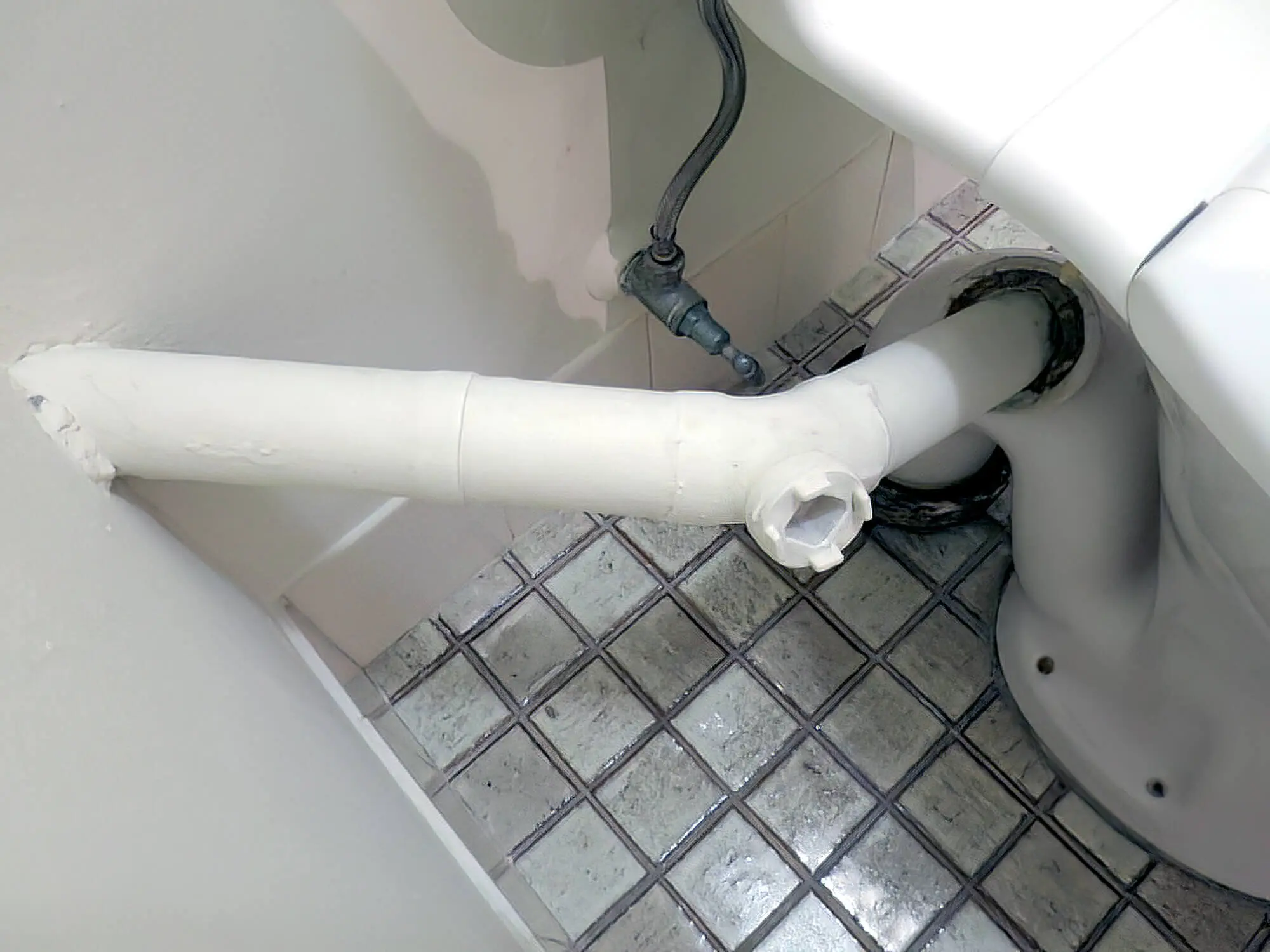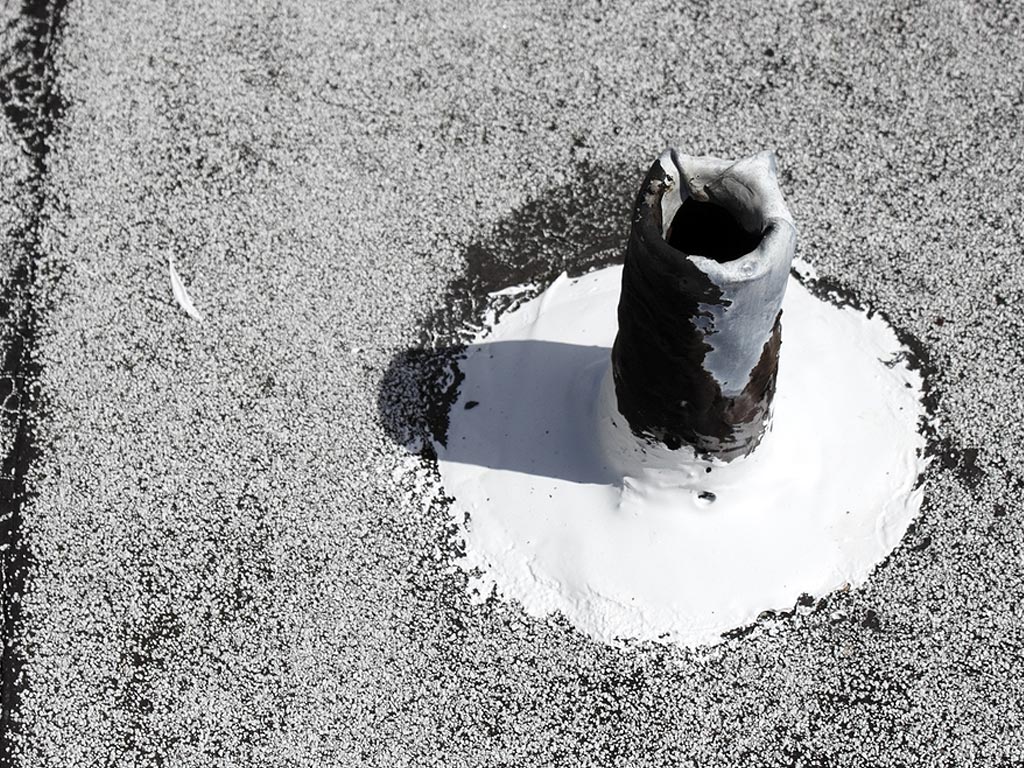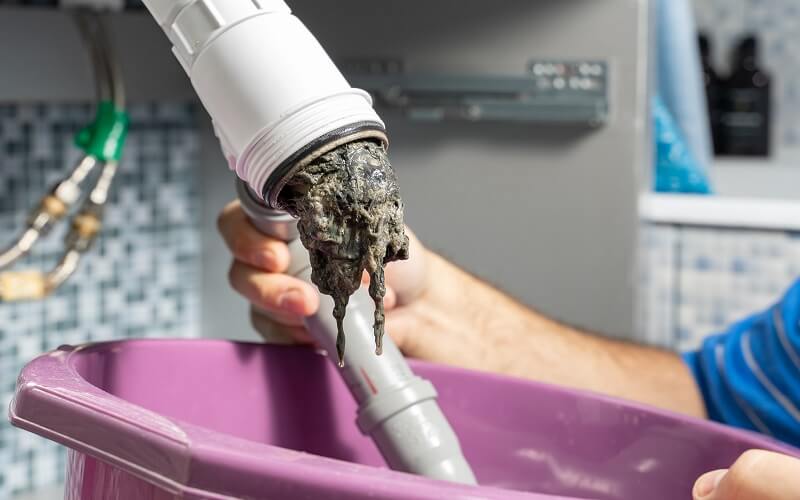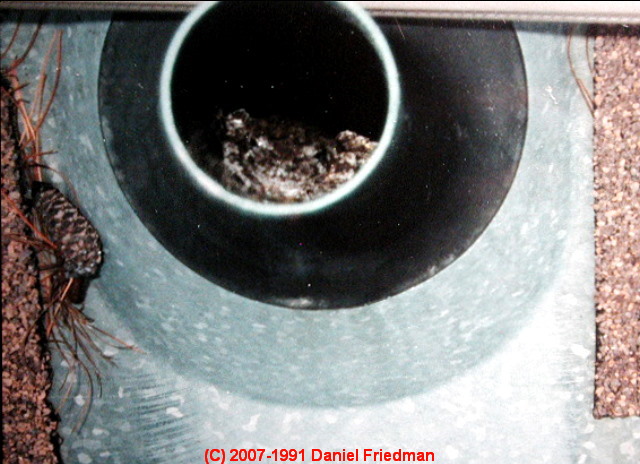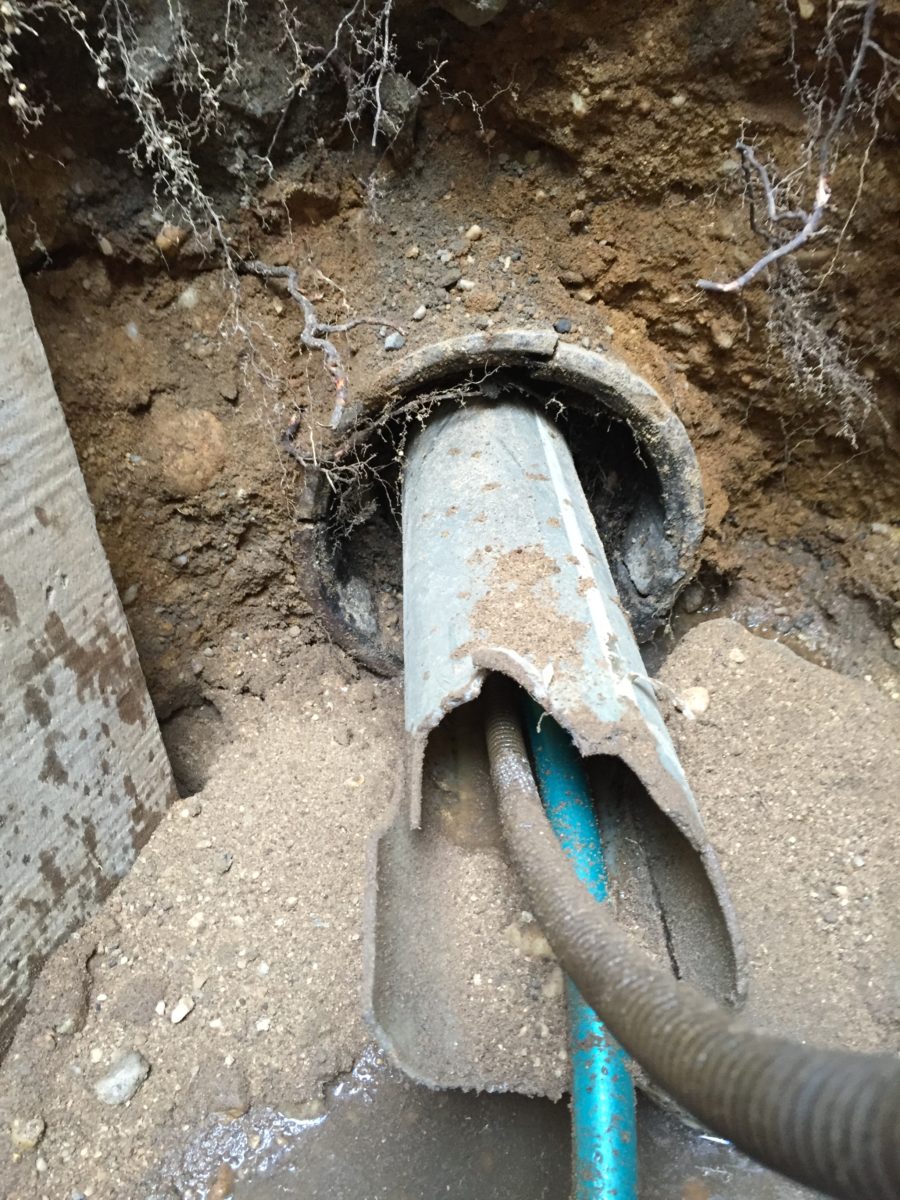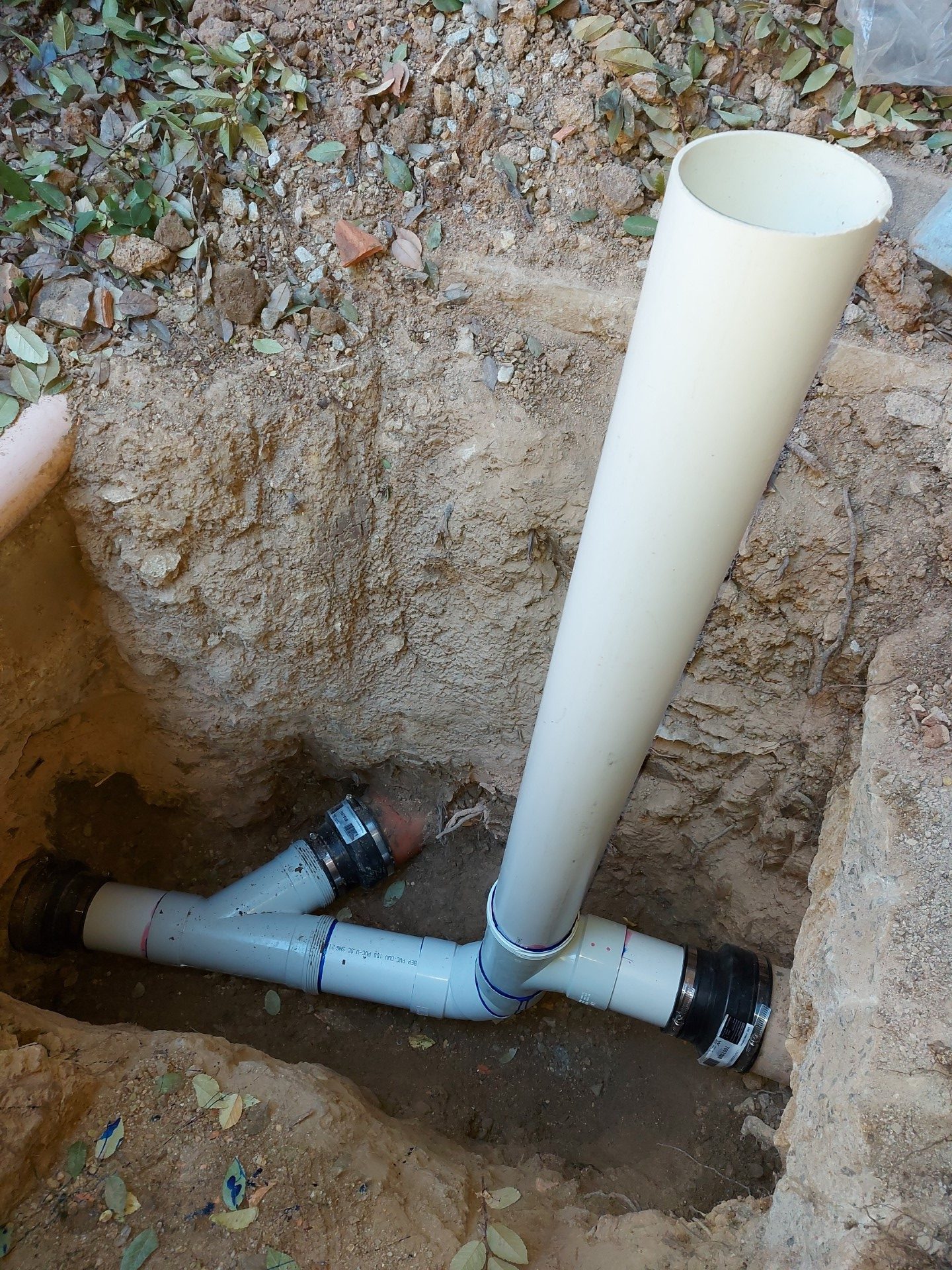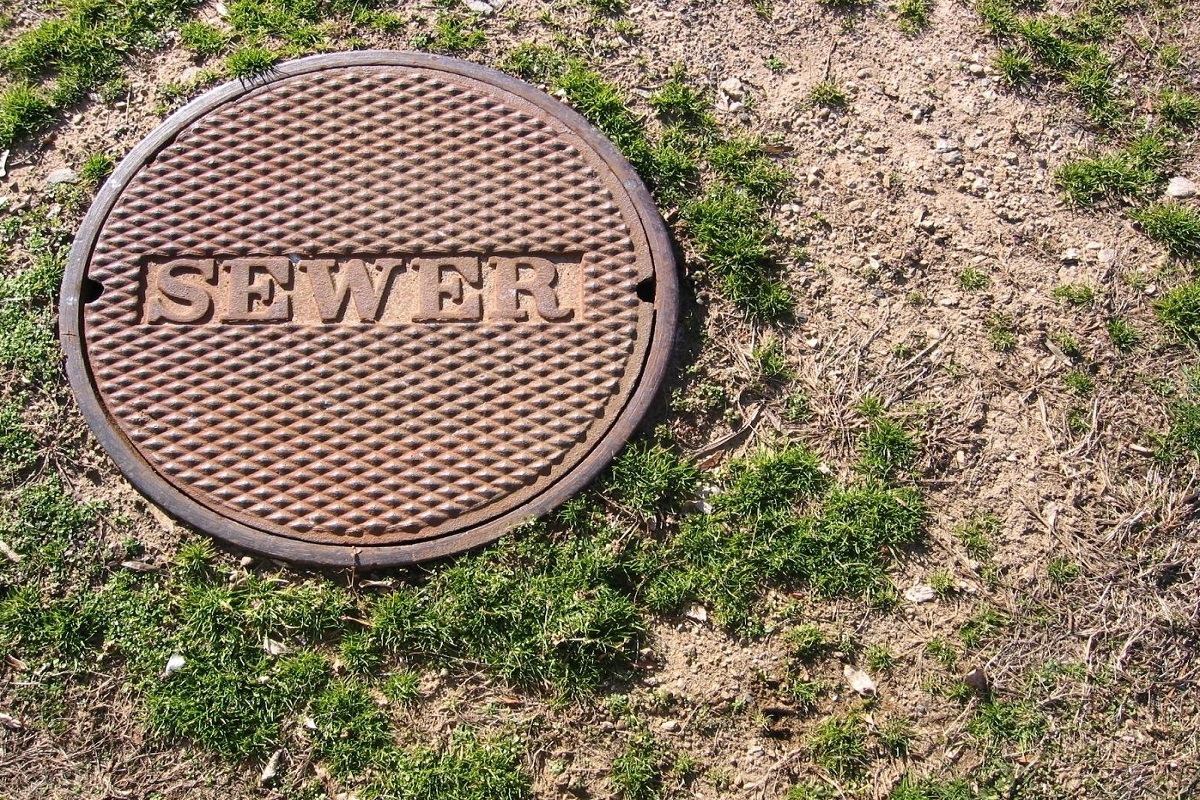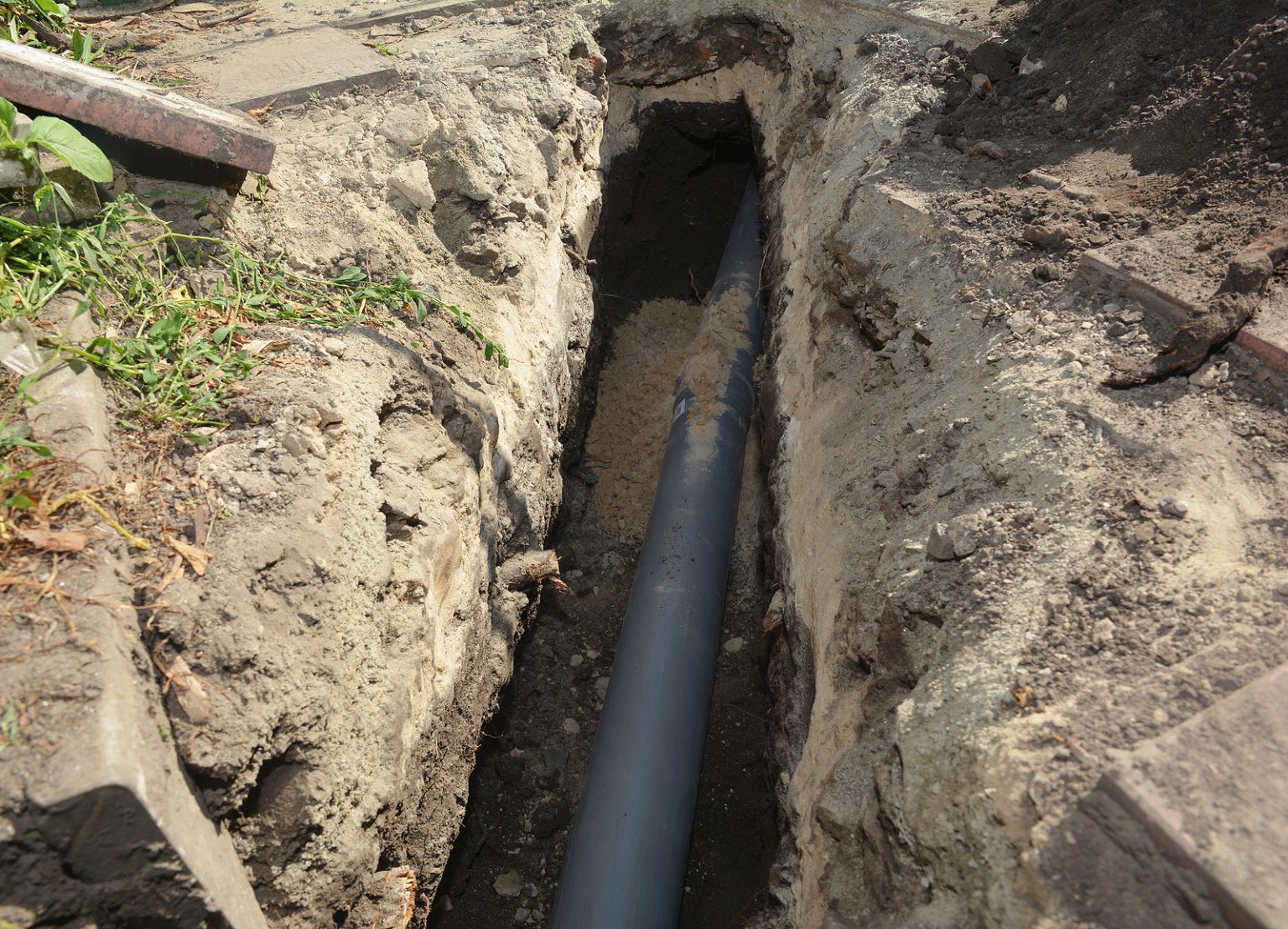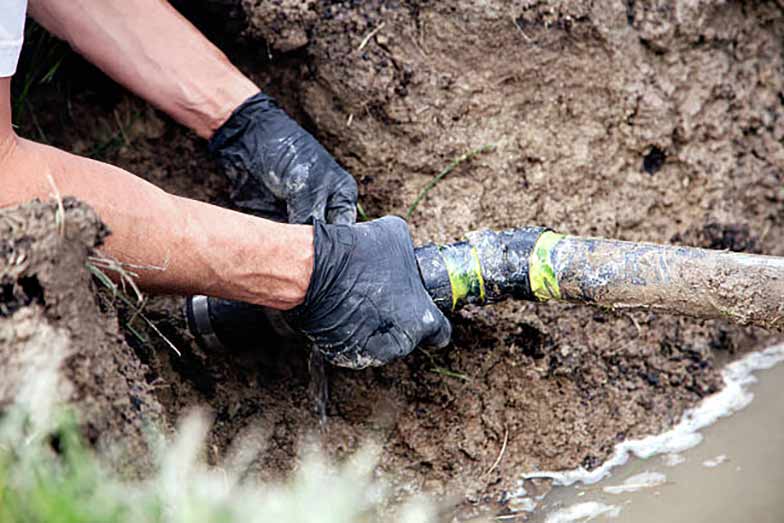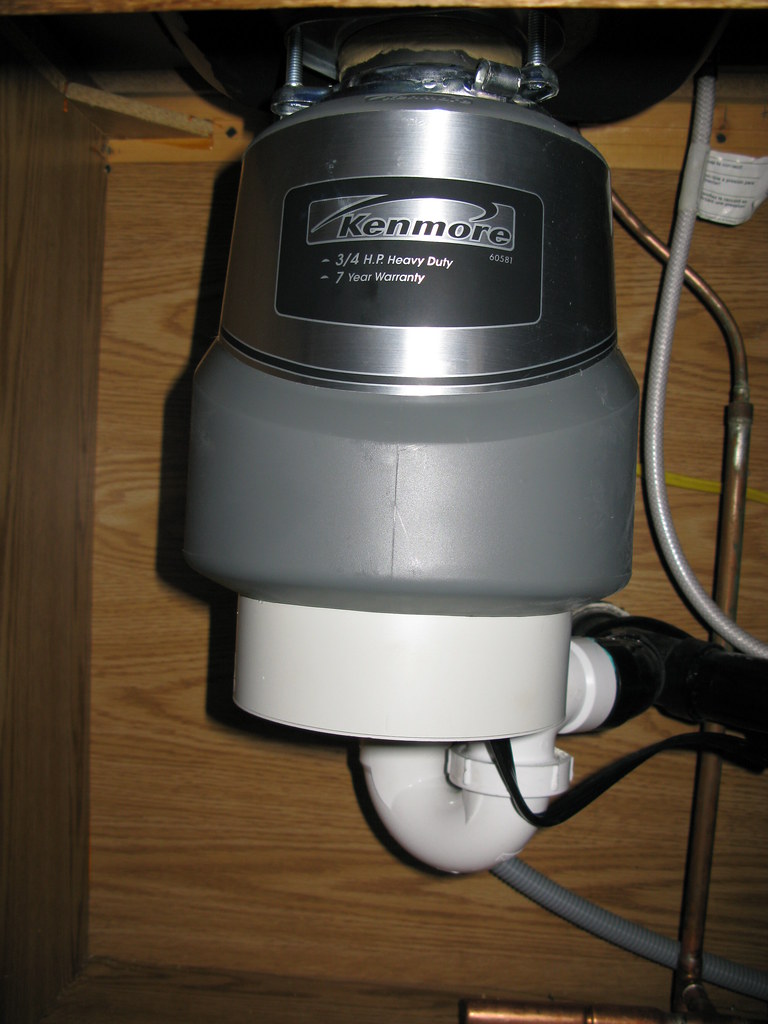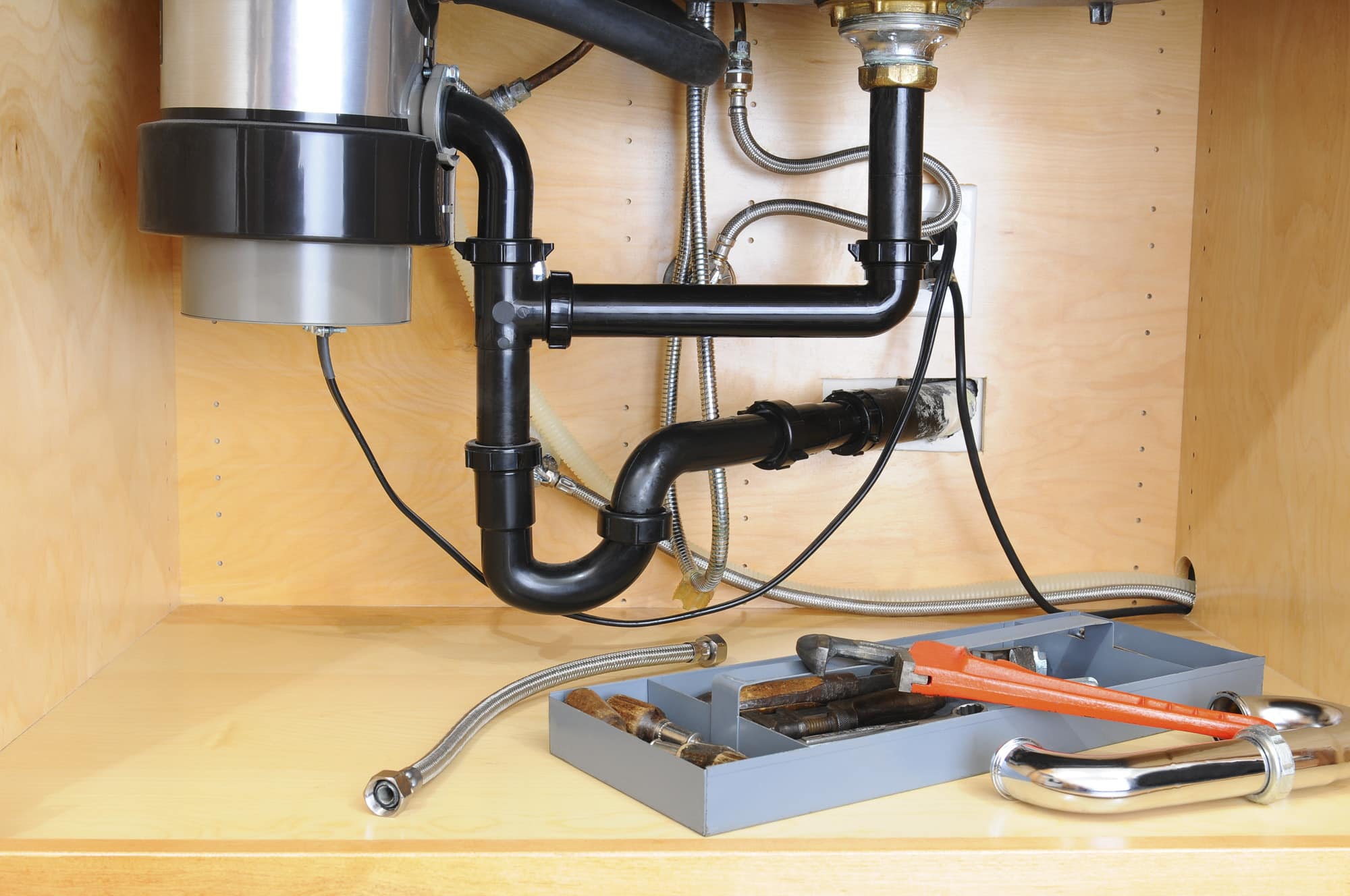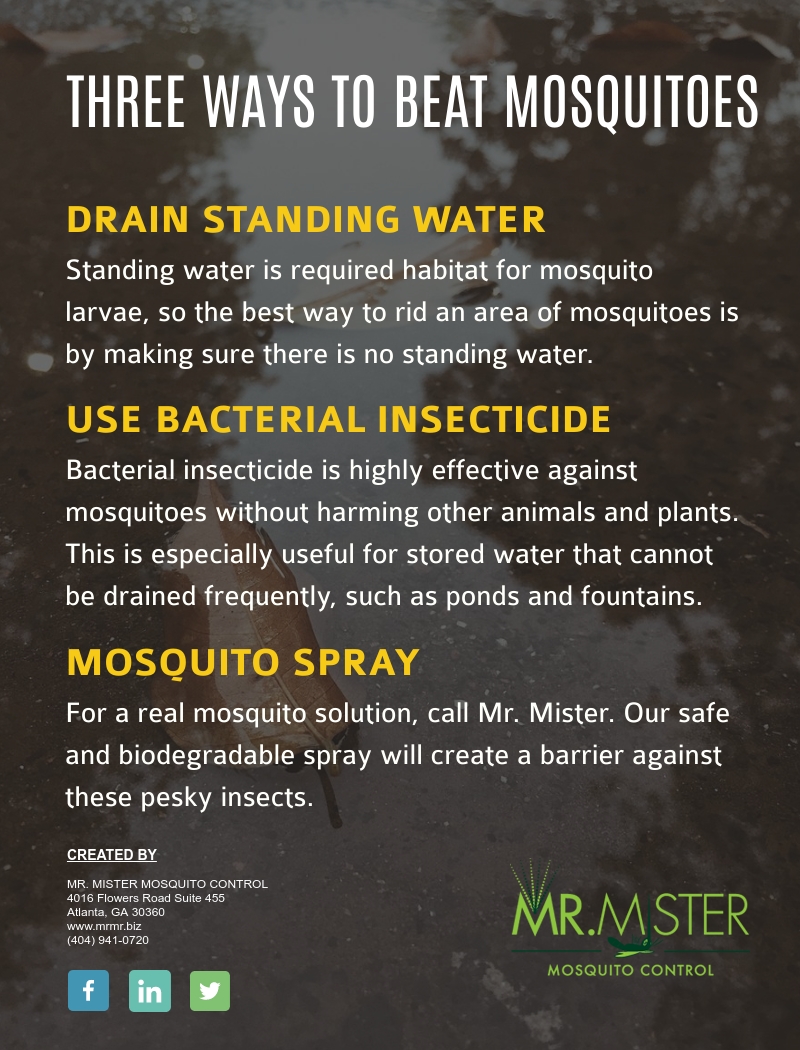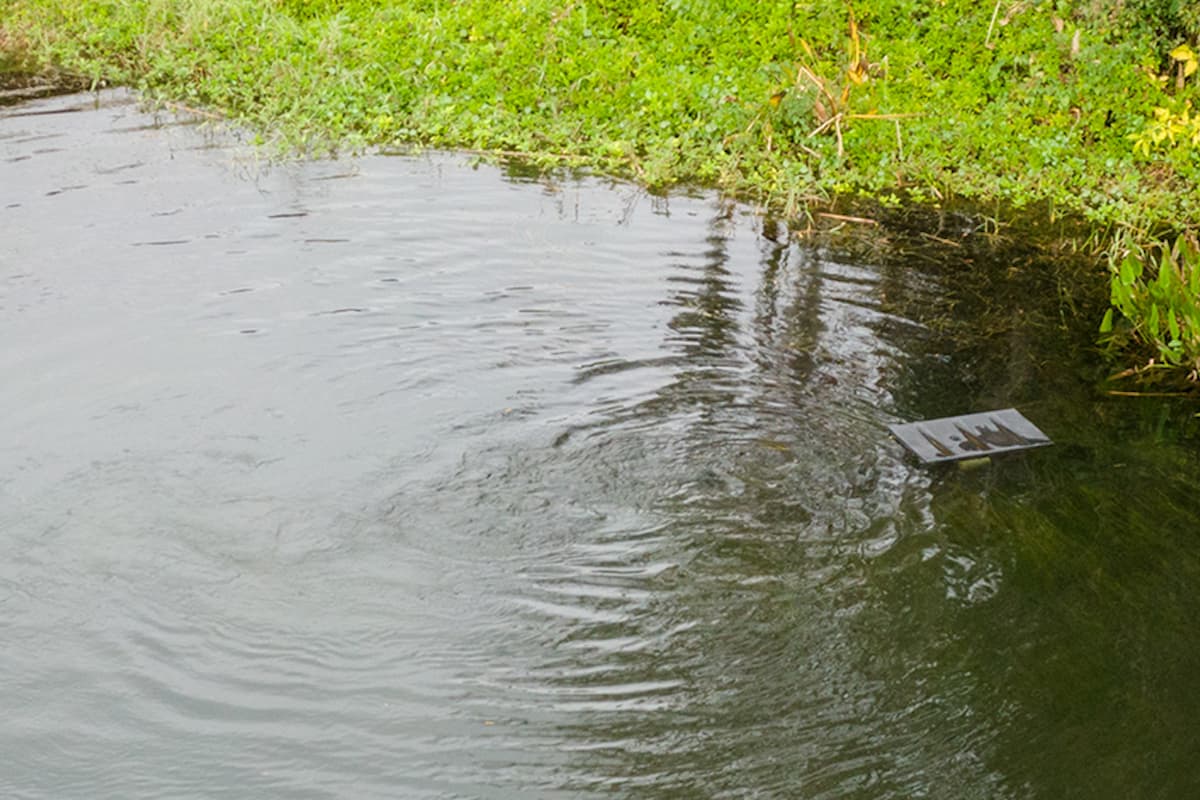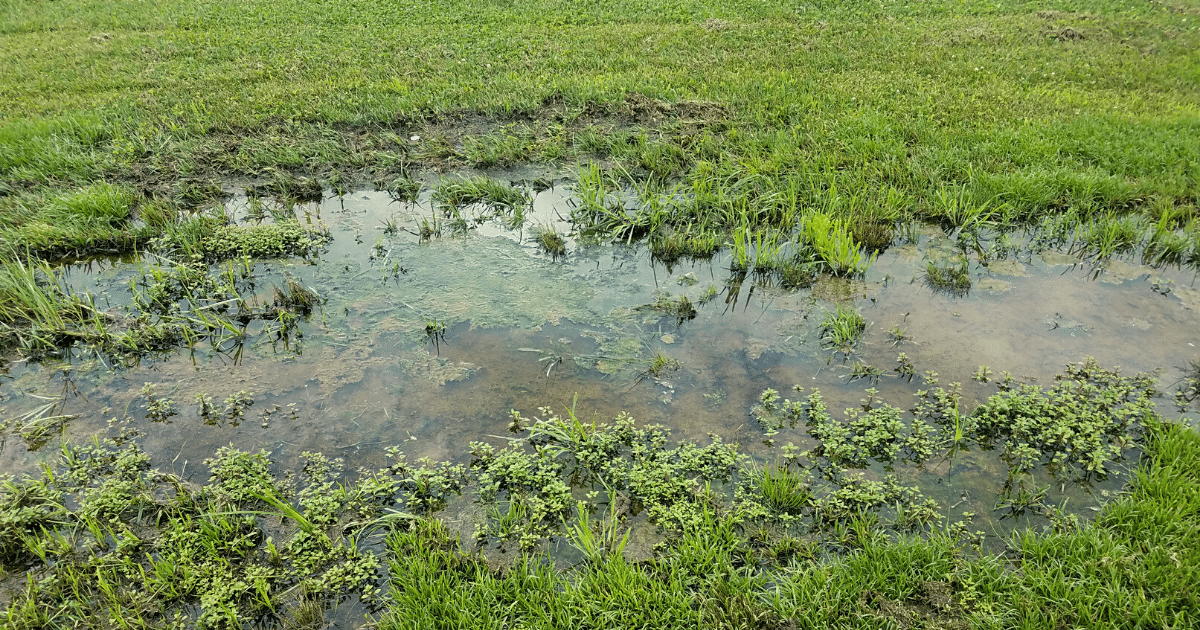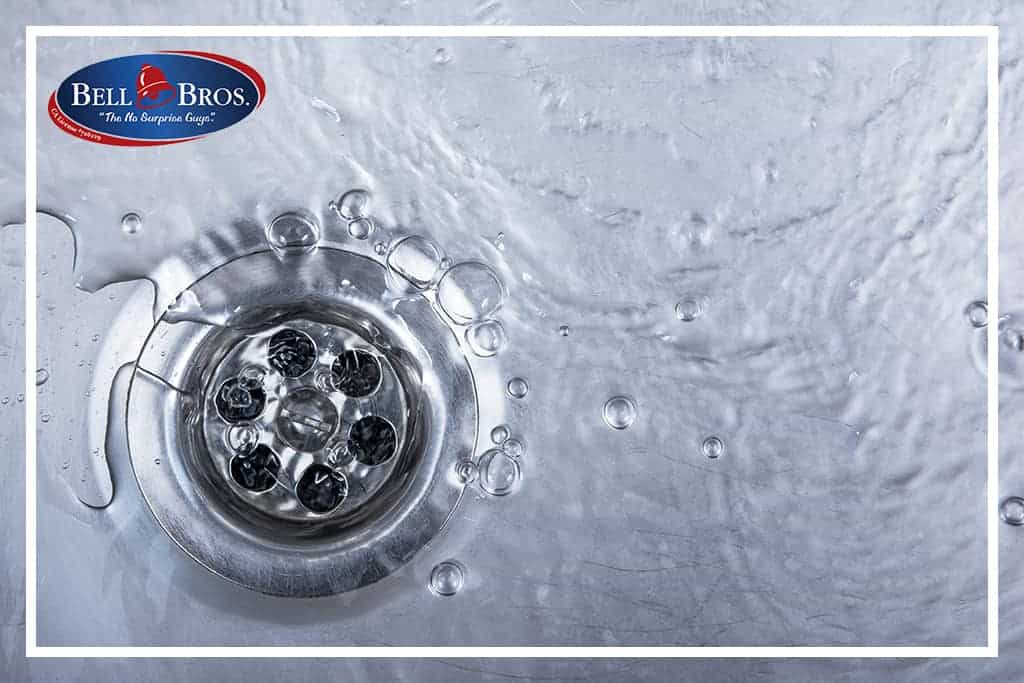One of the most common reasons for a stinky kitchen sink is a clogged drain. As water and debris flow down the drain, they can get trapped and build up over time. This can cause a foul odor to emanate from the sink, making it unpleasant to use. If you notice that your sink is draining slowly or has a foul smell, it could be a sign of a clogged drain. This can be easily remedied by using a plunger or a drain cleaning solution to clear out the blockage and get rid of the stink.1. Clogged Drain
Another culprit for a stinky kitchen sink is food buildup. As we use our sinks to wash dishes and prepare food, small bits of food can get stuck in the drain or garbage disposal. Over time, this food can start to decompose and emit a strong odor. To prevent this, make sure to scrape off excess food into the garbage before washing dishes and regularly clean out your garbage disposal to remove any trapped food particles.2. Food Buildup
Grease and oil from cooking can also cause a stinky kitchen sink. When these substances are poured down the drain, they can solidify and stick to the walls of the pipes. This not only causes a bad smell, but it can also lead to clogs and other plumbing issues. To prevent this, avoid pouring grease down the drain and instead dispose of it in a separate container to be thrown away.3. Grease Accumulation
If you notice a musty or moldy smell coming from your kitchen sink, it could be a sign of mold growth. Mold thrives in damp environments, and the moist conditions under your sink can provide the perfect breeding ground. To get rid of the stink, you will need to address the source of the problem by identifying and removing any mold growth. You may also need to fix any leaks or improve ventilation to prevent future mold growth.4. Mold Growth
Similar to mold, bacteria can also grow in the damp conditions under your sink and cause a foul odor. This is especially common in kitchen sinks that are not regularly cleaned or disinfected. To get rid of the stink, you will need to thoroughly clean and disinfect your sink and pipes. Using a mixture of hot water and vinegar can help kill any bacteria and eliminate the smell.5. Bacteria Growth
The vent pipe is an essential part of your plumbing system that helps to release sewer gases and maintain proper air pressure in your pipes. If this pipe becomes blocked or damaged, it can cause a stinky smell to come from your kitchen sink. This is a more serious issue that may require the help of a professional plumber to fix.6. Blocked Vent Pipe
In some cases, a stinky kitchen sink can be a symptom of a larger issue with your sewer line. If there is a break or blockage in the line, it can cause unpleasant odors to come up through your sink drain. This is a serious problem that will require the help of a professional plumber to repair.7. Broken Sewer Line
If you have a garbage disposal in your kitchen sink, it could be the source of the stinky smell. Over time, food particles can get trapped in the disposal and start to decompose, causing a foul odor. Make sure to regularly clean and deodorize your garbage disposal to prevent this issue.8. Garbage Disposal Issues
Standing water in your sink can also contribute to a smelly kitchen sink. When water is left sitting for too long, it can become stagnant and start to emit a foul odor. Make sure to regularly run hot water down your drain and clean out any standing water to prevent this from happening.9. Standing Water
If your kitchen sink has a persistent stink that can't seem to be eliminated, it could be a sign of old or damaged pipes. Over time, pipes can deteriorate and develop cracks or holes, allowing sewer gases to escape and cause a smell. If you suspect this may be the case, it's best to have a professional plumber inspect your pipes and make any necessary repairs.10. Old or Damaged Pipes
The Importance of Proper House Design in Eliminating Stinky Kitchen Sink

Understanding the Cause of the Stink
 We've all experienced it – that unpleasant odor coming from the kitchen sink. No matter how much you clean, the stink just won't go away. But have you ever wondered what causes that foul smell?
Bacteria
and
mold
are the main culprits behind that stinky kitchen sink. These microorganisms are commonly found in damp and dark places, making your sink an ideal breeding ground for them. The combination of food debris, grease, and moisture that accumulates in your sink provides a perfect environment for these unwanted visitors to thrive.
We've all experienced it – that unpleasant odor coming from the kitchen sink. No matter how much you clean, the stink just won't go away. But have you ever wondered what causes that foul smell?
Bacteria
and
mold
are the main culprits behind that stinky kitchen sink. These microorganisms are commonly found in damp and dark places, making your sink an ideal breeding ground for them. The combination of food debris, grease, and moisture that accumulates in your sink provides a perfect environment for these unwanted visitors to thrive.
The Role of House Design
 Many homeowners are unaware of the impact that house design has on the
elimination of stinky kitchen sinks
. Proper house design can help prevent the buildup of bacteria and mold in your sink, ultimately eliminating the stink. For instance, a well-ventilated kitchen can prevent moisture from lingering in your sink and creating a breeding ground for bacteria.
Natural lighting
in the kitchen can also help prevent the growth of mold, as it thrives in dark and damp environments. Additionally, a well-designed kitchen with proper drainage and plumbing systems can prevent clogs and blockages, which can lead to a smelly sink.
Many homeowners are unaware of the impact that house design has on the
elimination of stinky kitchen sinks
. Proper house design can help prevent the buildup of bacteria and mold in your sink, ultimately eliminating the stink. For instance, a well-ventilated kitchen can prevent moisture from lingering in your sink and creating a breeding ground for bacteria.
Natural lighting
in the kitchen can also help prevent the growth of mold, as it thrives in dark and damp environments. Additionally, a well-designed kitchen with proper drainage and plumbing systems can prevent clogs and blockages, which can lead to a smelly sink.
Design Tips for a Stink-Free Kitchen Sink
 To ensure your kitchen sink stays fresh and odor-free, here are some design tips to keep in mind:
- Choose a sink made of non-porous materials, such as stainless steel or porcelain, which are less likely to harbor bacteria and mold.
- Install a garbage disposal to prevent food debris from accumulating in your sink.
- Opt for a faucet with a high arc, as it allows for better drainage and prevents water from pooling in the sink.
- Consider adding a window or skylight in your kitchen to allow for natural light and ventilation.
- Regularly clean and disinfect your sink and drain to prevent the buildup of bacteria and mold.
To ensure your kitchen sink stays fresh and odor-free, here are some design tips to keep in mind:
- Choose a sink made of non-porous materials, such as stainless steel or porcelain, which are less likely to harbor bacteria and mold.
- Install a garbage disposal to prevent food debris from accumulating in your sink.
- Opt for a faucet with a high arc, as it allows for better drainage and prevents water from pooling in the sink.
- Consider adding a window or skylight in your kitchen to allow for natural light and ventilation.
- Regularly clean and disinfect your sink and drain to prevent the buildup of bacteria and mold.
In Conclusion
 Don't underestimate the power of proper house design in eliminating that stink coming from your kitchen sink. By incorporating design elements that promote proper ventilation, lighting, and drainage, you can prevent the growth of bacteria and mold and keep your sink smelling fresh. So the next time that stinky smell creeps up, remember to consider the role of house design in eliminating it for good.
Don't underestimate the power of proper house design in eliminating that stink coming from your kitchen sink. By incorporating design elements that promote proper ventilation, lighting, and drainage, you can prevent the growth of bacteria and mold and keep your sink smelling fresh. So the next time that stinky smell creeps up, remember to consider the role of house design in eliminating it for good.











/cdn.vox-cdn.com/uploads/chorus_asset/file/19616741/drain_xl_0.jpg)





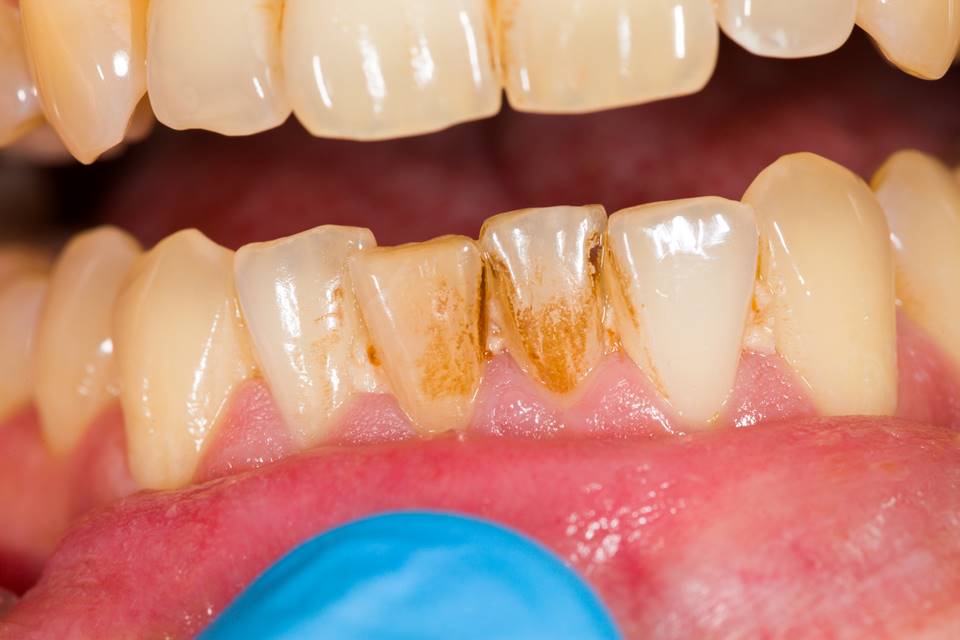
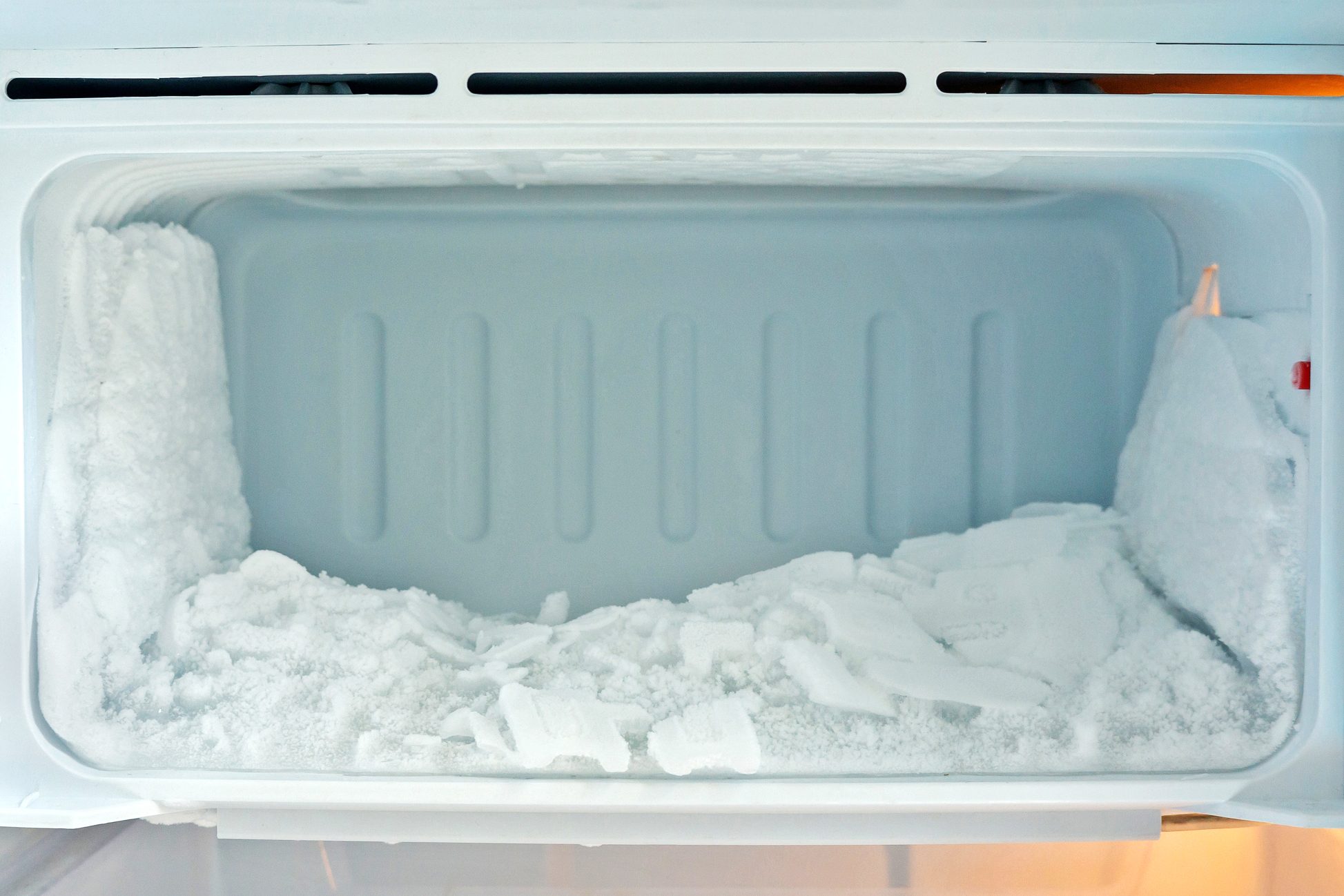
:max_bytes(150000):strip_icc()/plaque-vs-tartar-5195721-FINAL-8d67ad474cb04ee6932f10e5047dd221.jpg)













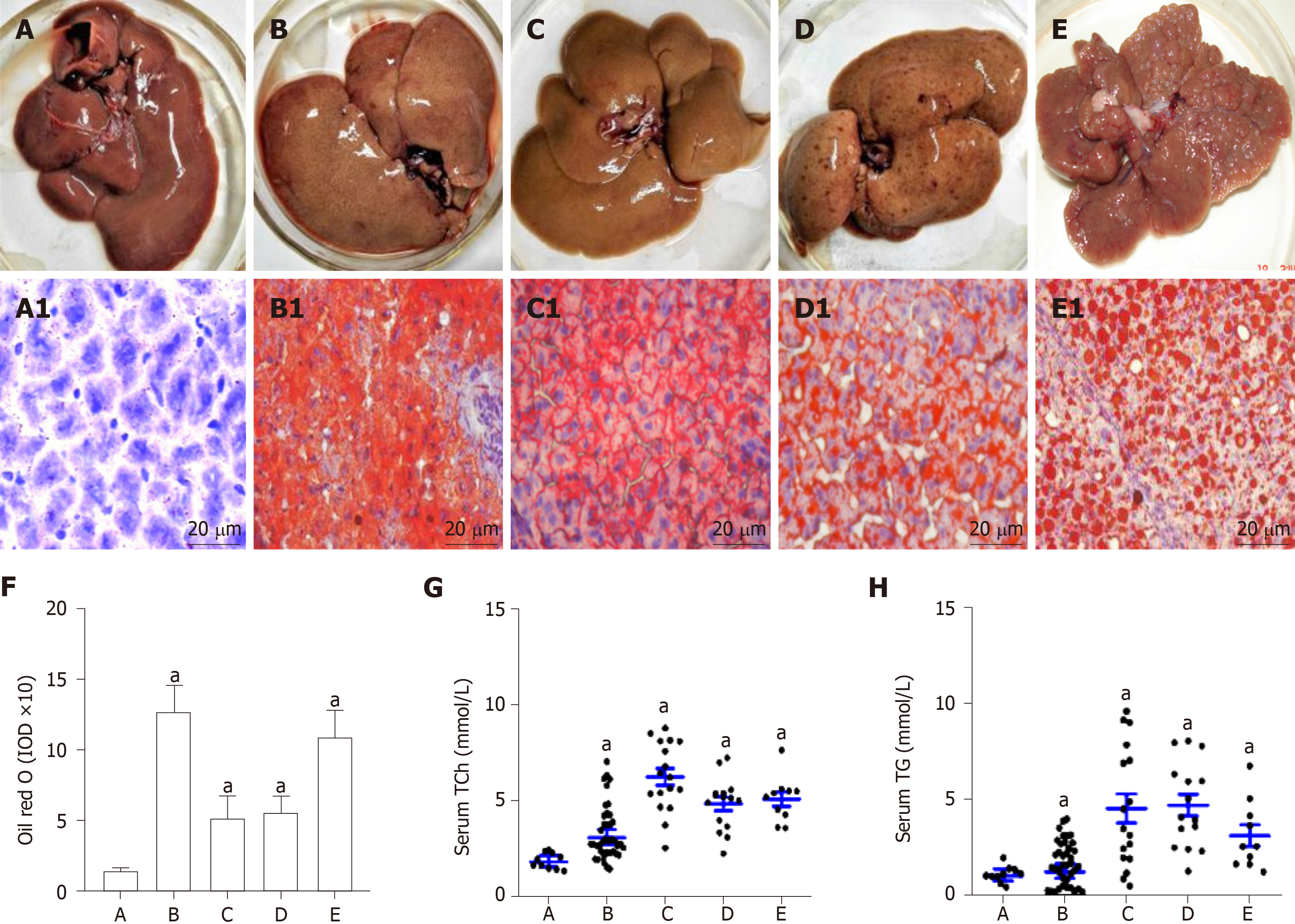

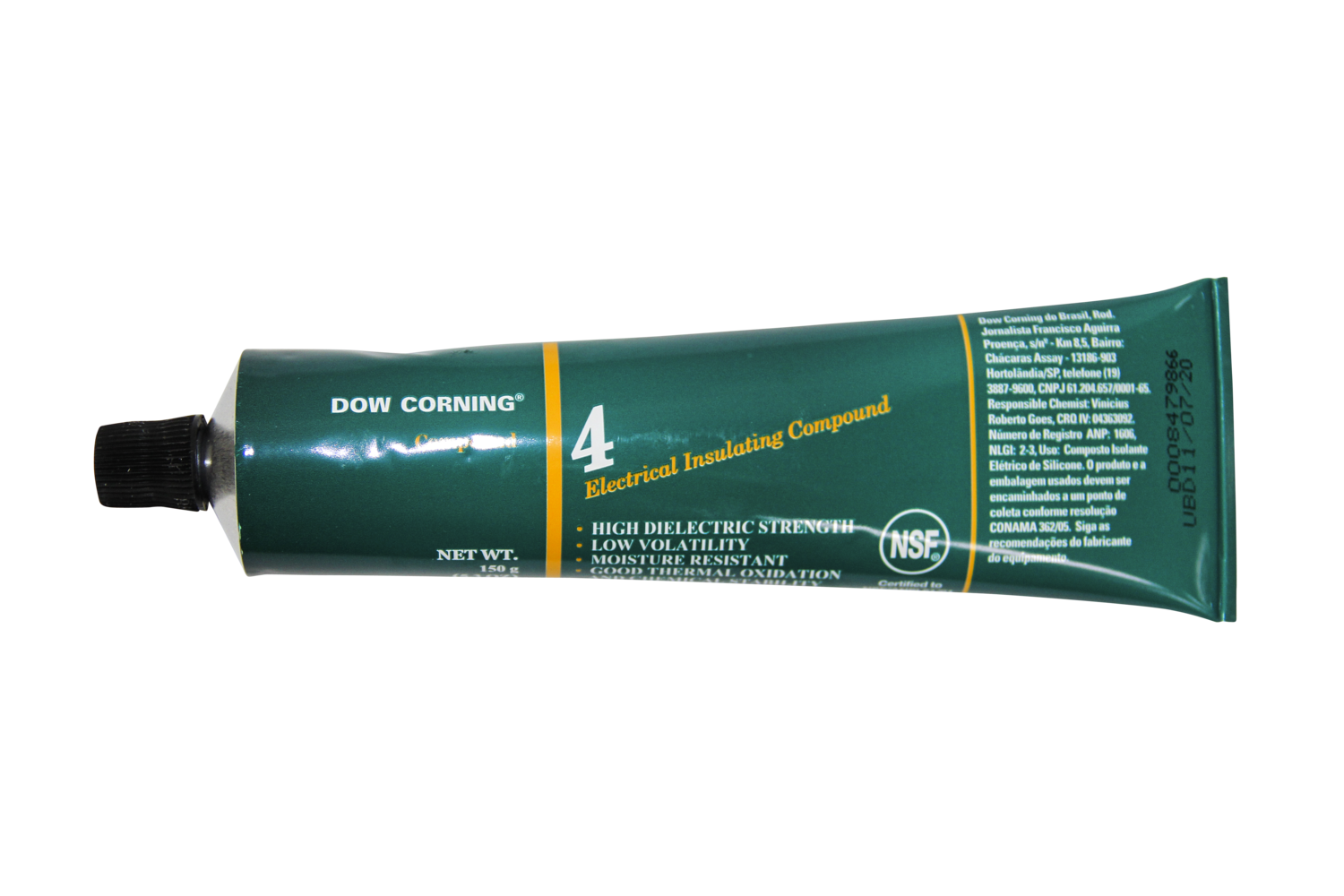



/cdn.vox-cdn.com/uploads/chorus_image/image/67056409/GettyImages_758591313.0.jpg)


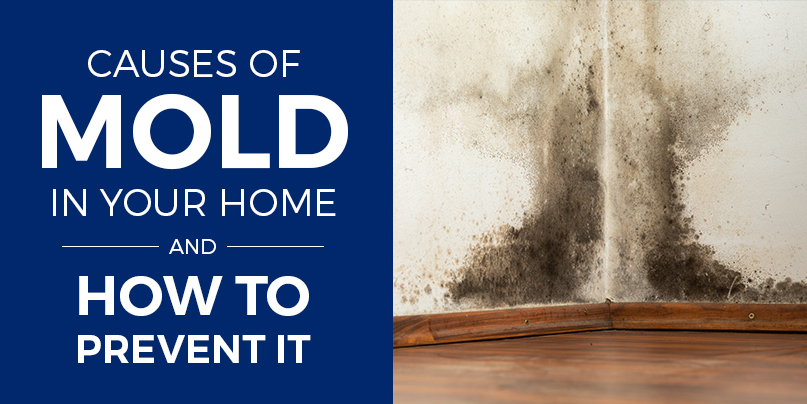
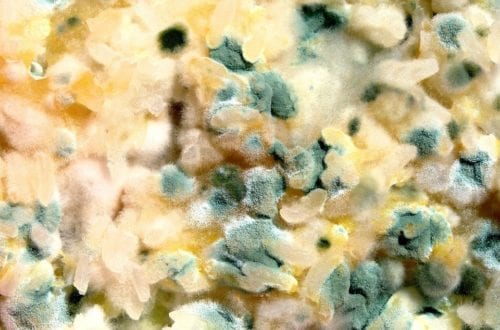

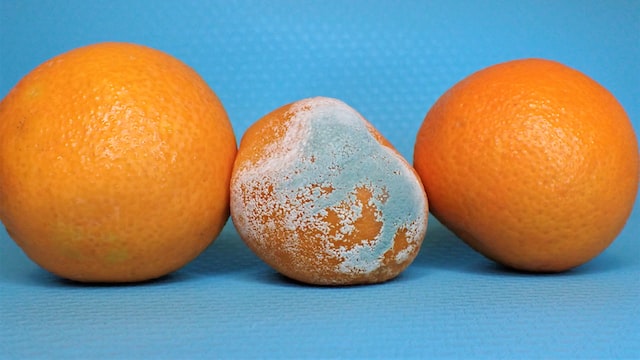


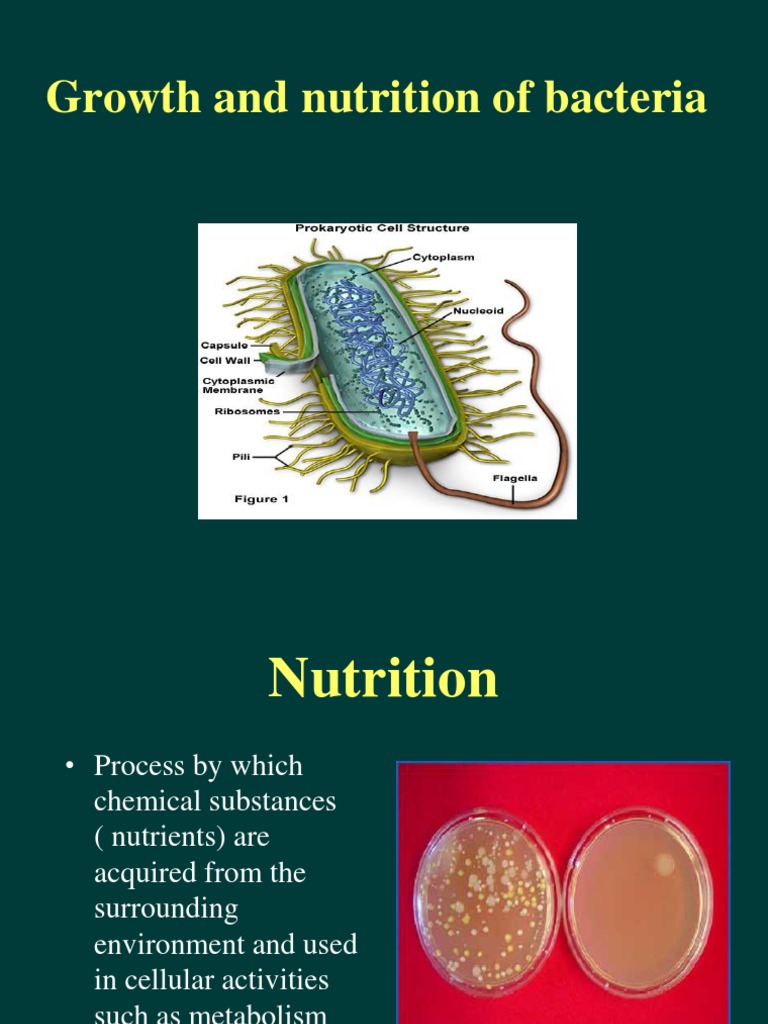

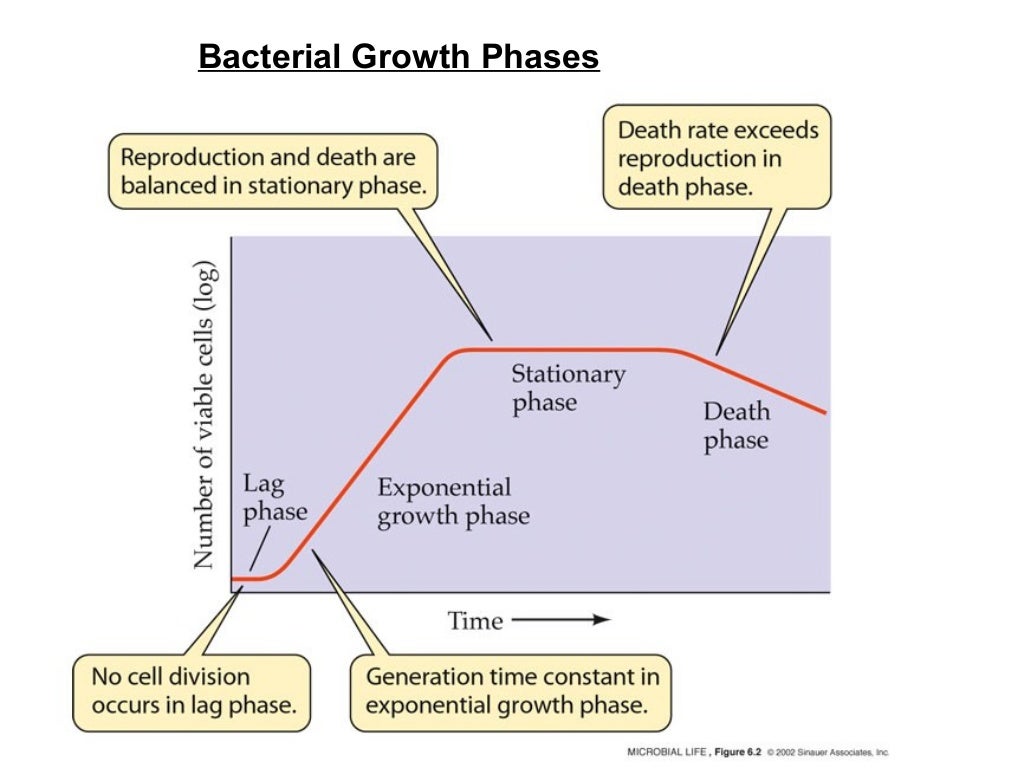
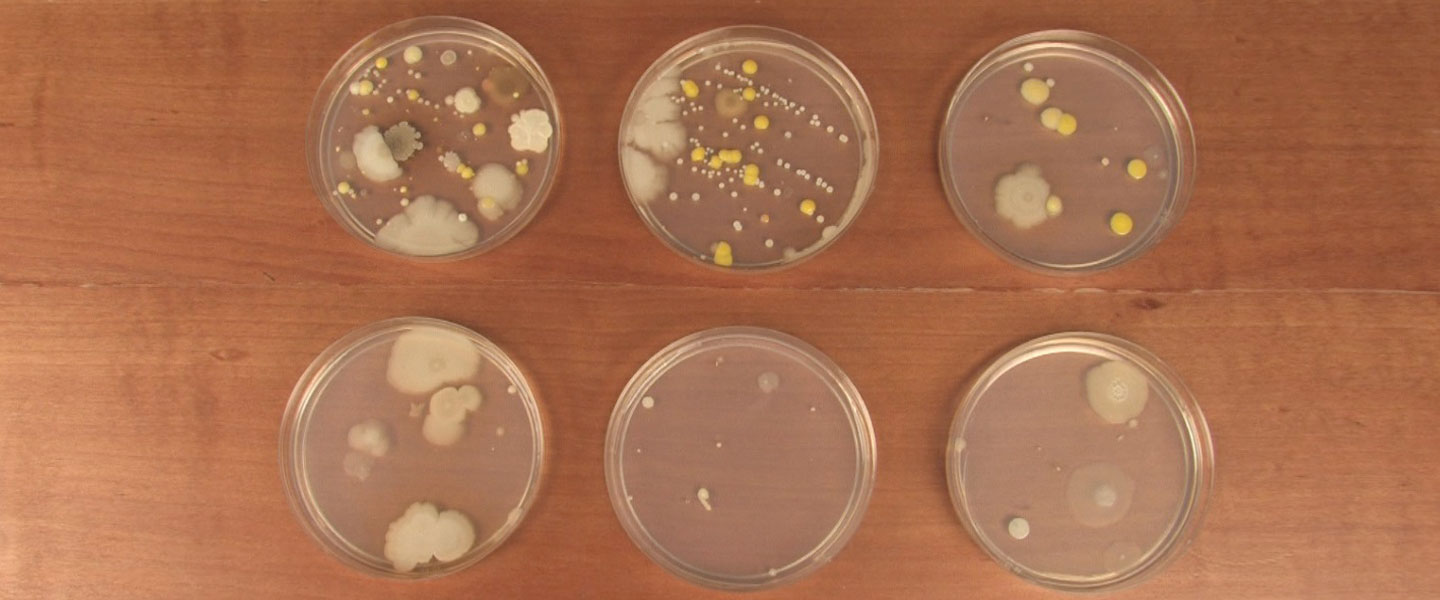
:max_bytes(150000):strip_icc()/bacterial_growth_curve-5b56356d4cedfd00371b477b.jpg)









